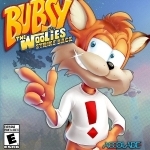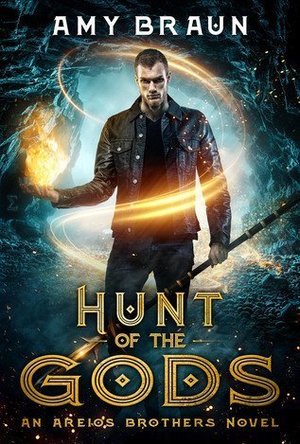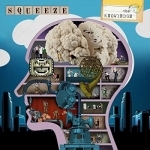
The Knowledge by Squeeze
Album Watch
Welcome back to the world of Squeeze, a world where previous visitors will find much that is both...
pop
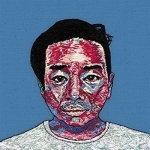
Realisationship by Andrew Hung
Album Watch
Hung is well known for his output with Fuck Buttons, the group he formed with Benjamin John Power...
rock alternative indie
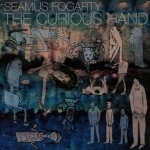
The Curious Hand by Seamus Fogarty
Album
Originally from County Mayo on the west coast of Ireland, Fogarty now resides in London, and the...
dance pop folk
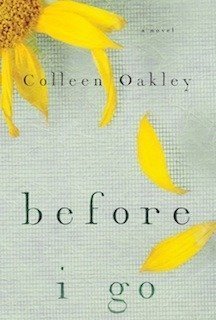
Before I Go
Book
A heart-wrenching debut novel in the bestselling tradition of P.S. I Love You about a young woman...
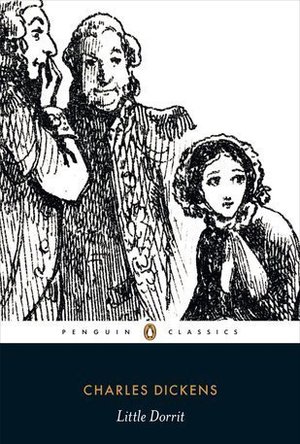
Little Dorrit
Book
A novel of serendipity, of fortunes won and lost, and of the spectre of imprisonment that hangs over...
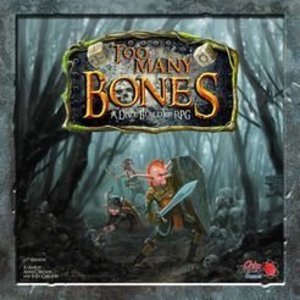
Too Many Bones
Tabletop Game
Too Many Bones comes loaded for bear by breaking into a new genre: the dice-builder RPG. This game...
Boardgames DiceRPGgame
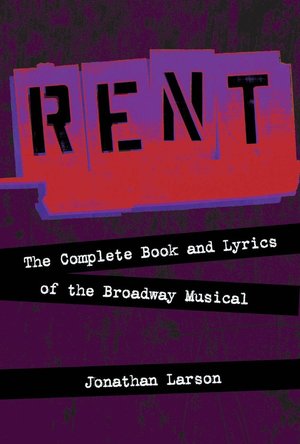
Rent: The Complete Book and Lyrics of the Broadway Musical
Book
Set on the Lower East Side of New York City, Rent is the story of young bohemians Mark, Roger,...
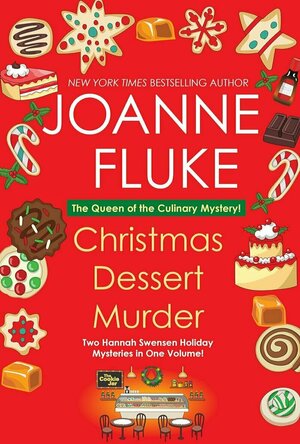
Christmas Dessert Murder
Book
The perfect stocking stuffer for fans of culinary capers, this holiday omnibus from New York Times...
